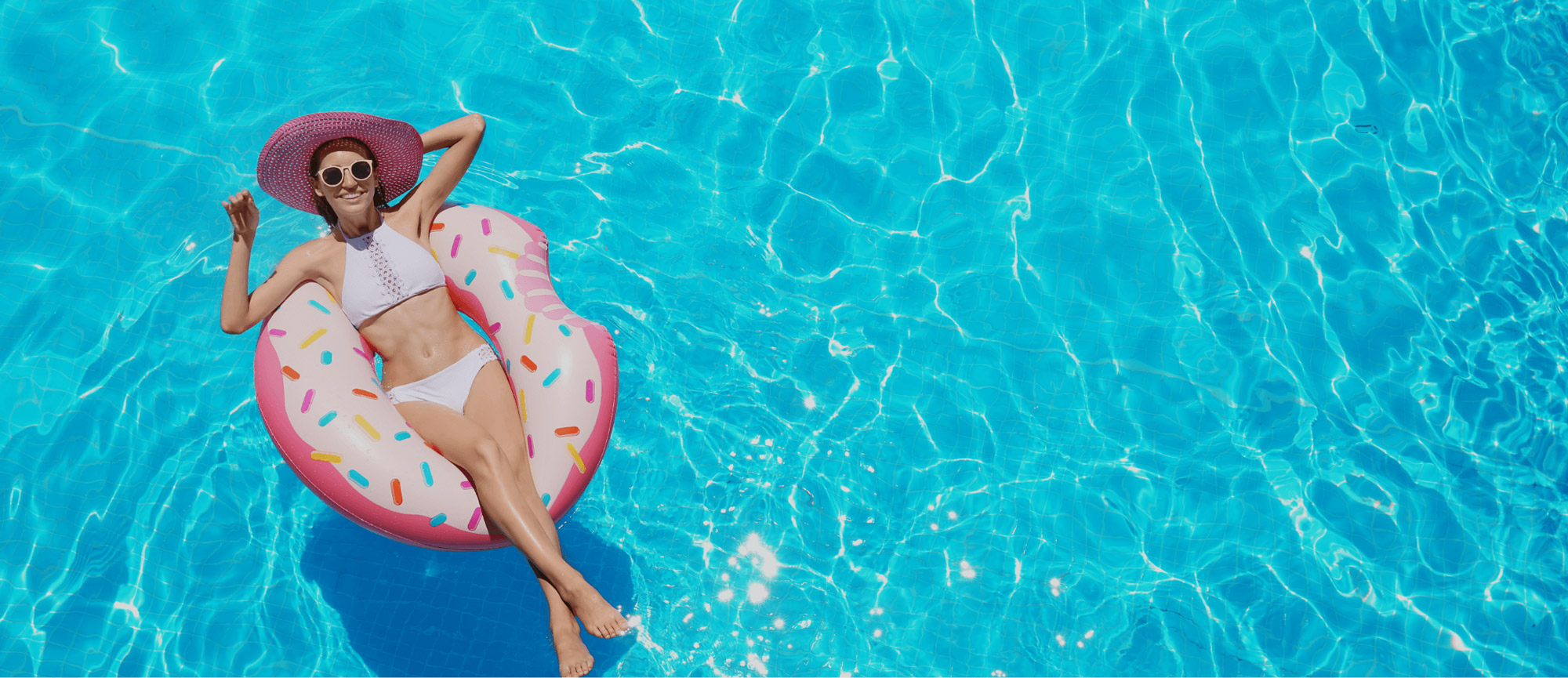An above ground swimming pool is a great addition to any home, it not only adds value to your home it’s a place where friends and family can hang out and enjoy each other’s company. Having a swimming pool doesn’t end with filling it with water, it is an investment and like any investment it needs to be maintained. One of the most important parts of your above ground swimming pool is the pool pump that keeps the water crystal clear and clean. The pool pump and filter circulates and filters the water to keep it moving and to keep it clean, a stagnant pool can promote the growth of algae which in turn will make your water green and sets up the perfect home for mosquitoes and other bugs to flourish.
Pool pumps and filters vary in size and power, so choosing the right pump and filter for your above ground pool can make a huge difference to your energy consumption and power bills. So, how do you choose the right pump and filter for your pool?
● The size of the pool determines how many litres of water it will hold, knowing this allows you to calculate the pools *flow rate* this is how much water can be moved within a specific time. The average pool needs to circulate the equivalent of all the water in the pool about every 4-6 hours at least once or twice a day.
● Power is also a deciding factor – while you want as much power from your pump as possible a pump that is too powerful can do more harm than good as it can prevent proper filtration from occurring. A pump that is too powerful can even damage your pools filter and heater and if too powerful it can even blow pipes and fittings apart.
● Size of the pump – if you choose a pump that is too large it can result in damage to the plumbing and equipment and can result in cavitation that can damage the pump itself. Cavitation is the formation of bubbles in the water near the impeller as the bubbles pop, shock waves are created within the pump, that not only make a noise but they can pop with enough force to damage the impeller and other pump parts. An over-sized pump can also cause excessive flow which can erode the systems piping
● The features of the pump and filter you choose must also match the features of the pool, horsepower and head flow of the pump are two important factors to consider. Always buy a pump with the right horsepower. A pump with average horsepower is great for a standard pool, small sized pools don’t need pumps with high horsepower. A pump with average horsepower will also save on your energy costs.

